
Padmaja Naidu Himalayan Zoological Park
India's largest high-altitude zoo, dedicated to conserving rare Himalayan wildlife like the Red Panda and Snow Leopard.
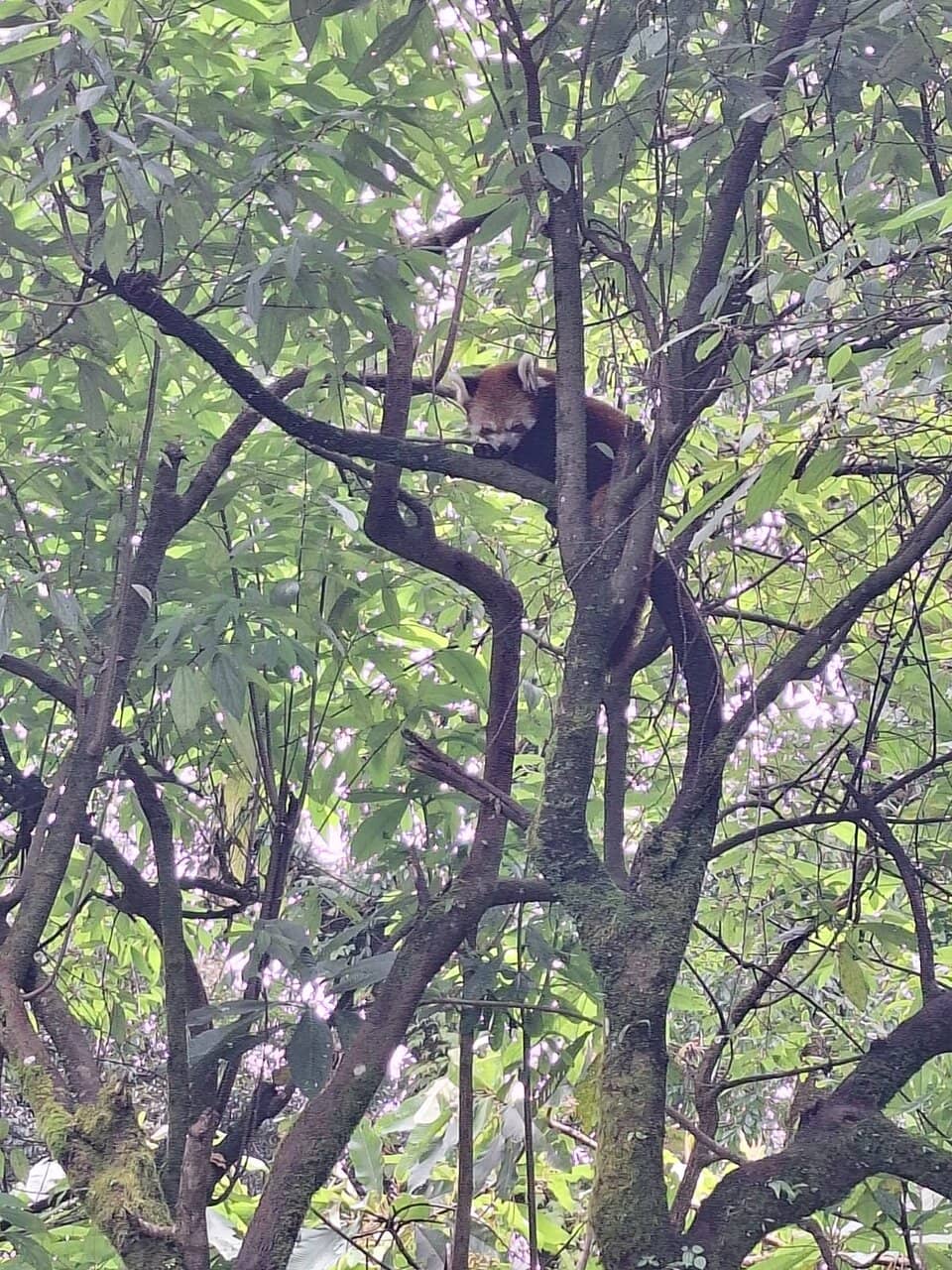
Highlights
Must-see attractions

Social
From TikTok & Reddit
Best Time
Animals are more active

Padmaja Naidu Himalayan Zoological Park
Best Time
Animals are more active

Highlights
Must-see attractions
India's largest high-altitude zoo, dedicated to conserving rare Himalayan wildlife like the Red Panda and Snow Leopard.
"One of the best high-altitude zoos in India! Located in the scenic hills of Darjeeling, this zoo is home to rare and endangered Himalayan animals."
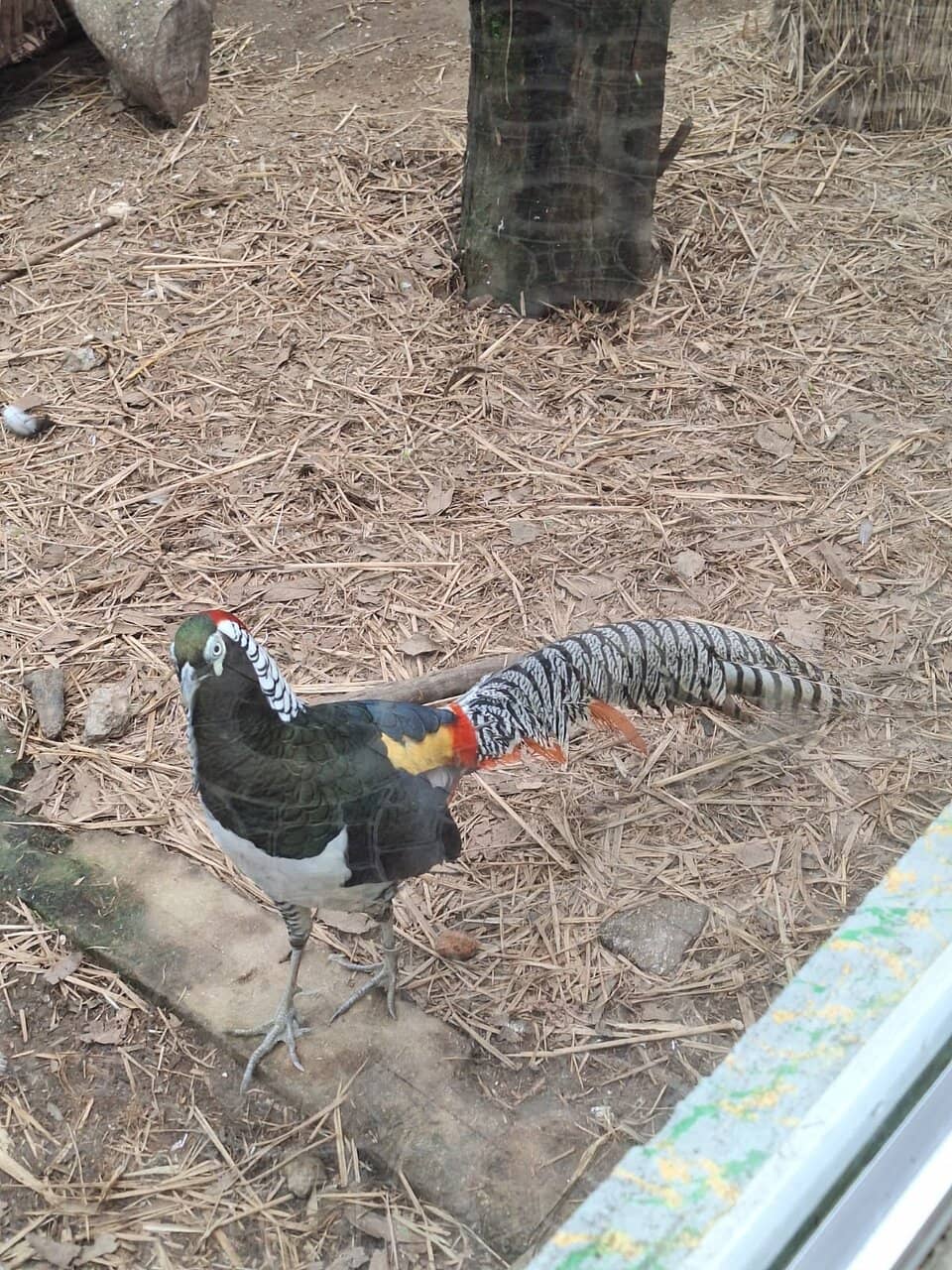
👟 Wear Comfortable Shoes
The zoo is spread across hilly terrain, so good walking shoes are essential for exploring.
📸 Capture the Wildlife
Bring your camera to photograph the diverse Himalayan species in their naturalistic enclosures.
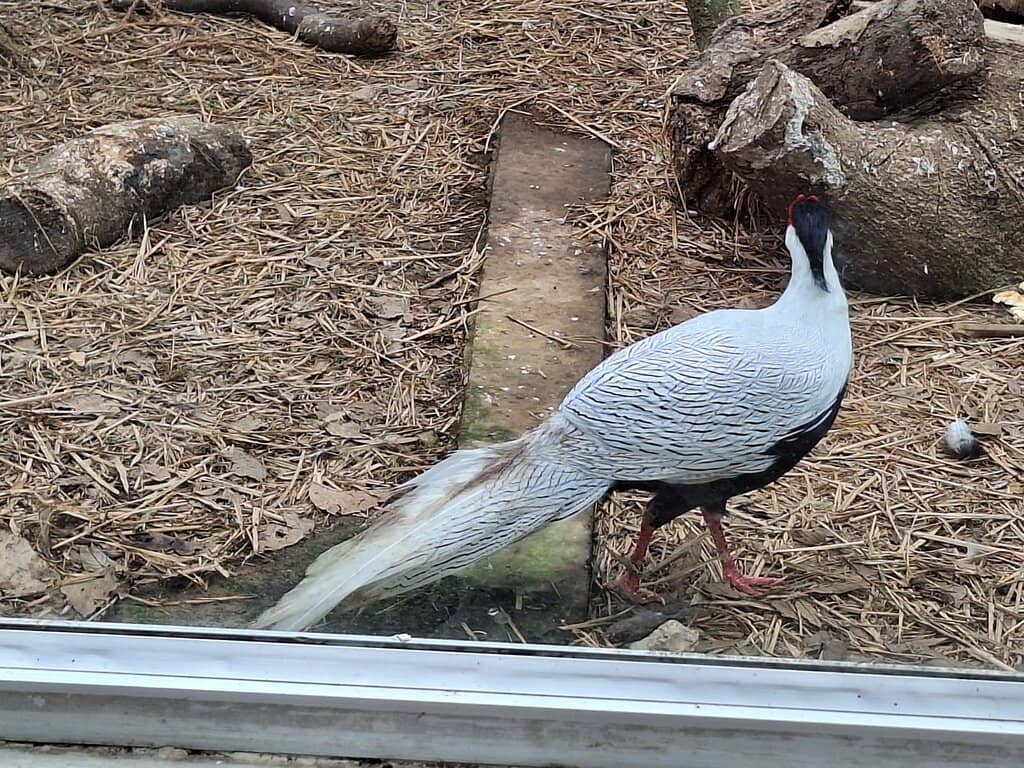
Highlights
Discover the most iconic attractions and experiences

Red Panda
Red Panda Enclosure
Spot these adorable, shy creatures in their naturalistic habitat. A major draw for visitors!

Snow Leopard
Snow Leopard Enclosure
Marvel at the elusive and majestic snow leopard, a key species in the zoo's conservation efforts.
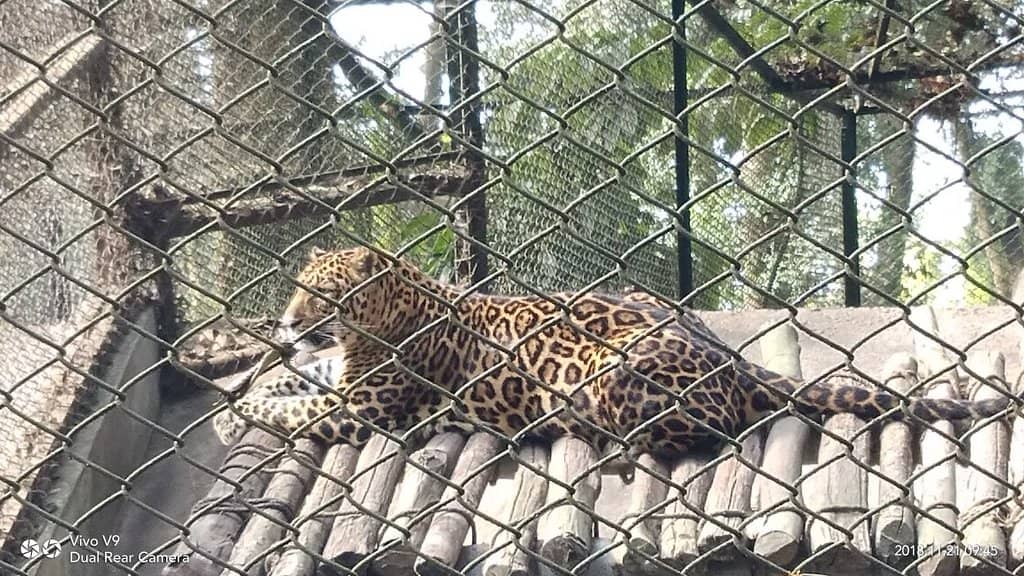
Himalayan Wolf
Himalayan Wolf Enclosure
Observe the unique Himalayan wolf, a species adapted to the high-altitude environment.
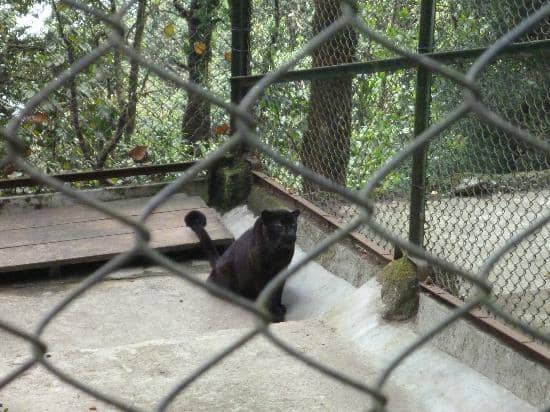
Bengal Natural History Museum
Inside Zoo Premises
Don't miss this hidden gem within the zoo, housing a remarkable collection of local flora and fauna.
Plans like a pro.
Thinks like you
Planning Your Visit
Embrace the Altitude
Conservation Focus
Best Times
Insider Tips
from TikTok, Instagram & Reddit
👟 Wear Comfortable Shoes
The zoo is spread across hilly terrain, so good walking shoes are essential for exploring.
📸 Capture the Wildlife
Bring your camera to photograph the diverse Himalayan species in their naturalistic enclosures.
🗺️ Explore the HMI
Combine your zoo visit with the adjacent Himalayan Mountaineering Institute for a fuller experience.
💧 Stay Hydrated
Carry water, especially during warmer months, as the altitude and walking can be tiring.
Tips
from all over the internet
👟 Wear Comfortable Shoes
The zoo is spread across hilly terrain, so good walking shoes are essential for exploring.
📸 Capture the Wildlife
Bring your camera to photograph the diverse Himalayan species in their naturalistic enclosures.
🗺️ Explore the HMI
Combine your zoo visit with the adjacent Himalayan Mountaineering Institute for a fuller experience.
💧 Stay Hydrated
Carry water, especially during warmer months, as the altitude and walking can be tiring.
🎟️ Affordable Entry
Ticket prices are very reasonable, making it an accessible attraction for all visitors.
What Travellers Say
Reviews Summary
Visitors rave about the Padmaja Naidu Himalayan Zoological Park, calling it one of India's most unique and special zoos due to its high-altitude location and focus on conserving endangered Himalayan wildlife. The naturalistic enclosures and the chance to see rare animals like red pandas and snow leopards are major highlights, though the hilly terrain requires significant walking.
"The Padmaja Naidu Himalayan Zoological Park, better known as the Darjeeling Zoo, is one of the most unique zoos in India and a must-visit while in town. Established in 1958, it is the highest-altitude zoo in the country, located at around 7,000 feet above sea level. Unlike many other zoos, this one specializes in conserving and breeding endangered Himalayan species, which makes it very special.
The zoo is home to rare animals such as the Red Panda, Snow Leopard, Himalayan Wolf, and Clouded Leopard. Seeing these magnificent creatures in a habitat designed close to their natural environment is truly memorable. The enclosures are well-planned and spread out, and the hilly terrain of the zoo itself makes walking through it an experience in nature. The greenery, fresh air, and peaceful surroundings make it very different from crowded city zoos.
Another highlight is the adjacent Himalayan Mountaineering Institute (HMI), which you can explore along with the zoo. It adds to the overall experience, especially for those interested in trekking and mountaineering history.
On the downside, the zoo involves a lot of walking and climbing, which might be tiring for elderly visitors. Also, some enclosures could use better signage and maintenance.
Overall, Darjeeling Zoo is an excellent place for families, nature lovers, and anyone curious about Himalayan wildlife. A well-deserved 4-star destination that blends education, conservation, and natural beauty."
Soumitra Maity
"One of the best high-altitude zoos in India! Located in the scenic hills of Darjeeling, this zoo is home to rare and endangered Himalayan animals including the red panda, Asiatic black bear, Royal Bengal tiger, white tiger, leopard, and even the elusive snow leopard.
The zoo is well-maintained and focused on conservation and breeding programs, especially for red pandas and Himalayan wolves. The enclosures are natural-looking and spacious, though be prepared for a bit of walking uphill due to the hilly terrain.
✅ Must-see: Red panda enclosure, snow leopards, and pheasants.
🌲 Surrounded by serene nature and cool weather – makes the walk enjoyable.
🎟️ Tickets are affordable and you can also visit the Himalayan Mountaineering Institute inside the same complex."
Debasmita Mohanty
"Darjeeling Zoo, officially known as Padmaja Naidu Himalayan Zoological Park, is one of the most unique zoos I’ve ever visited. Nestled on the hilly slopes of Darjeeling, it’s not just a zoo—it feels like a walk through a peaceful, forested sanctuary with crisp mountain air all around.
What makes this zoo special is its focus on high-altitude Himalayan animals. You’ll find red pandas, snow leopards, Himalayan wolves, and even a majestic black panther if you’re lucky. The enclosures are pretty spacious, and most of them blend naturally with the surroundings, which makes it feel less like a typical zoo and more like an animal reserve.
One of the highlights for me was seeing the red pandas up close—they’re adorable and quite active! The snow leopards, though lazy, were a treat to spot. There’s also a mountaineering institute within the premises that’s worth a quick stop if you’re into adventure history.
Walking around the zoo can be a bit tiring since it's on a slope, so comfortable shoes are a must. It’s clean, well-maintained, and offers great photo opportunities, especially on clear days with views of the surrounding hills.
Entry fees are very reasonable, and it's a great place for both kids and adults to learn about Himalayan wildlife. I would definitely recommend adding it to your Darjeeling itinerary if you love animals or simply want a peaceful escape for an hour or two."
Ragini Bhattacharyya
What People Like
What People Dislike
Frequently Asked Questions
🚇 🗺️ Getting There
The zoo is located in Darjeeling town. You can reach it by taking a shared cab or a private taxi from the main town area. Many visitors combine a visit to the zoo with other Darjeeling attractions like Tiger Hill and the Ropeway.
Parking can be challenging in Darjeeling due to its hilly and narrow roads. It's often best to rely on local taxis or shared cabs to reach the zoo.
Shared taxis are a budget-friendly option for getting around Darjeeling and reaching the zoo. Private taxis offer more convenience.
🎫 🎫 Tickets & Entry
Entry fees are very affordable, making it a budget-friendly attraction. Specific prices can vary, so it's best to check upon arrival or the official website if available.
The zoo is typically open during daylight hours, usually from morning to late afternoon. It's advisable to check the exact timings before your visit, as they can change seasonally.
Information on online ticket booking is not widely available. It's generally recommended to purchase tickets directly at the zoo entrance.
The Himalayan Mountaineering Institute is located within the same complex as the zoo. While often visited together, it's best to confirm if a combined ticket is offered or if separate entry is required.
🎫 🧭 Onsite Experience
The zoo specializes in Himalayan species, including the Red Panda, Snow Leopard, Himalayan Wolf, Clouded Leopard, Asiatic Black Bear, Royal Bengal Tiger, and various deer and pheasants.
Yes, it's an excellent place for families. Children will be fascinated by the diverse wildlife, and the educational aspect of conservation is a great learning opportunity.
Plan for at least 2-3 hours to comfortably explore the zoo and its enclosures, especially considering the walking involved.
Basic facilities like restrooms are usually available. Food stalls might be present, but carrying your own snacks and water is a good idea.
It's India's first 'frozen zoo,' which means it stores DNA samples, tissues, and fluids of various species for biobanking and conservation purposes.
📸 📸 Photography
The enclosures of the Red Panda and Snow Leopard offer great opportunities. The naturalistic settings and the backdrop of the hills also make for scenic shots.
Photography is generally allowed, but flash photography might be restricted in certain areas to avoid disturbing the animals.
A telephoto lens is useful for capturing animals from a distance. A wide-angle lens can be good for landscape shots of the zoo's environment.
For Different Travelers
Tailored advice for your travel style
👨👩👧 Families with Kids
Remember to bring comfortable shoes for everyone, as the hilly terrain requires a good amount of walking. Pack snacks and water, and consider visiting the Himalayan Mountaineering Institute next door for an added dose of adventure and history that might appeal to older children.
🚶♀️ Nature & Wildlife Enthusiasts
The park's commitment to conservation and breeding programs is commendable and adds significant value to the visitor experience. The serene, natural atmosphere, enhanced by the cool mountain air and lush greenery, makes it a peaceful escape for anyone looking to connect with nature.
📸 Photographers
Consider bringing a telephoto lens to get close-ups of the animals, and a wide-angle lens for capturing the scenic beauty of the park itself. Early mornings often provide better light and more active animals, enhancing your photographic potential.
Deep Dives
In-depth insights and expert knowledge
Conservation Efforts and Unique Species
Beyond the Red Panda, the zoo is a sanctuary for other rare creatures like the Snow Leopard, Himalayan Wolf, and Clouded Leopard. These animals are adapted to the harsh conditions of the Himalayas, and the zoo provides them with a controlled environment to ensure their survival and reproduction. The park's commitment extends to being India's first 'frozen zoo,' a pioneering initiative that involves biobanking genetic material from various species. This repository is crucial for future conservation efforts, acting as a safeguard against extinction.
The high-altitude location at approximately 7,000 feet (2,134 meters) is integral to the zoo's mission, allowing it to house animals that are specifically adapted to cooler, alpine climates. This unique setting, combined with the dedicated conservation work, makes a visit to the Darjeeling Zoo a truly special and educational experience, offering a glimpse into the critical efforts being made to preserve these magnificent Himalayan inhabitants.
The Visitor Experience: Terrain and Atmosphere
However, the hilly terrain is a defining characteristic of the visitor experience. Be prepared for a considerable amount of walking and climbing uphill. This can be tiring for some, especially elderly visitors or those with mobility issues. Wearing comfortable walking shoes is highly recommended by almost all visitors to navigate the park effectively.
Despite the physical demands, the well-planned enclosures that blend into the natural landscape are frequently praised. This design choice enhances the feeling of observing animals in a more natural setting, rather than a sterile, caged environment. The combination of natural beauty and the presence of rare wildlife makes the Darjeeling Zoo a memorable destination for nature lovers and animal enthusiasts alike.
Beyond the Animals: The Himalayan Mountaineering Institute
Exploring the HMI provides a fascinating contrast to the zoo's focus on wildlife. Here, you can learn about the challenges and triumphs of climbing the world's highest peaks, see mountaineering equipment, and perhaps even view exhibits related to famous Everest ascents. For those interested in adventure, trekking, or the history of exploration in the region, the HMI is a must-visit.
Many visitors recommend allocating time for both attractions, as they offer a well-rounded perspective on the Darjeeling region – one celebrating its unique natural biodiversity and the other its spirit of adventure and human endeavor in the mountains.



Social
from TikTok, Instagram & Reddit